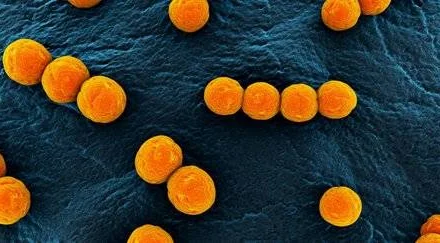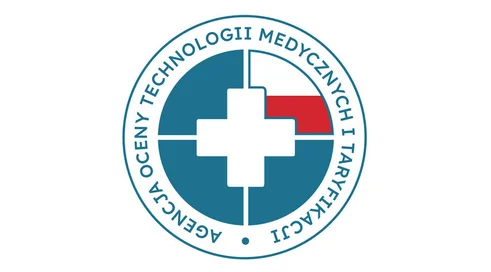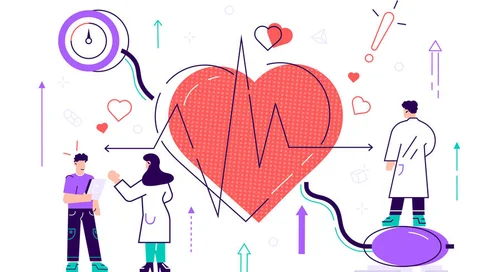Looking at joyful 12-year-old Olive riding a bicycle and 8-year-old Wojtek with skis under his arm, it's hard to believe that each of them suffers from epilepsy. These are children who enjoy life as their peers do, despite their illness, and their well-being inspires hope in their parents for a secure and normal future.
Epilepsy (otherwise known as epilepsy) is a chronic disorder of brain function and one of the most common diseases of the nervous system - about 300,000 people in Poland face it[1]. The first symptoms of the disease - in most patients appear before the age of 19, most of them already in infancy. Untreated epilepsy can lead to irreversible changes in the brain, in addition, untreated or inadequately treated patients are at increased risk of injury, progressive cognitive impairment, memory problems and mental disorders.
When drugs don't work
Epileptic seizures can usually be suppressed by pharmacotherapy. On the other hand, if, despite the proper use of two antiepileptic drug therapies, the number of seizures does not subside, it should be considered drug-resistant epilepsy. In such a situation, one solution may be the ketogenic diet as a non-pharmacological therapy. The earlier it is implemented, the higher the chance of positive treatment results.
The ketogenic diet is an... To gain access to the complete English section of the Medexpress.pl, kindly reach out to us at [email protected].Content locked


















